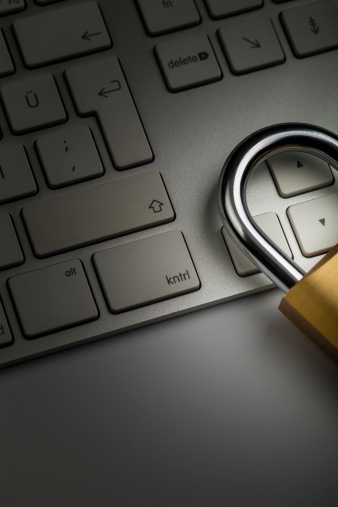 While email is extremely convenient for collaboration and communication, employees tend to use email folders as a personal storage center. When this happens, mass amounts of the organization’s sensitive information resides in an inbox. Does this sound secure to you?
While email is extremely convenient for collaboration and communication, employees tend to use email folders as a personal storage center. When this happens, mass amounts of the organization’s sensitive information resides in an inbox. Does this sound secure to you?
Ponemon Institute’s Study on The State of Email Encryption
Ponemon Institute conducted a study to review concerns regarding the risk of unencrypted email. In the study, Ponemon Institute surveyed 557 IT security practitioners and 273 IT, legal, and other compliance specialists. The study discovered the following:
- 69% of respondents believe employees disregard policies regarding unencrypted email.
- 70% of respondents are concerned about email security on mobile devices.
- 59% of respondents believe email is one of the primary sources for data disclosure.
- 61% of respondents said employees send unencrypted sensitive information through email.
- 52% of respondents claim to be frustrated with the email solution currently used at their workplace.
The Risk of Unencrypted Email
As a business owner, it’s essential to ensure email content remains confidential between the sender and the receiver. Especially if the email includes sensitive information, such as social security numbers, credit-card numbers, names, and addresses. If this information is sent in a standard, unencrypted email, the email is in plain text – simple to read for anyone who wants to intercept the email. If the email is encrypted, it’s unreadable to anyone who doesn’t have the decryption key.
If you’re neglecting email encryption, you may want to change your mind. The consequences of unencrypted email are vast; a data breach will be much more expensive than simply implementing an email encryption solution. Also, email encryption is necessary to comply with various laws, such as Health Insurance Portability and Accountability Act (HIPAA), Gramm-Leach-Bliley Act (GLBA), and Sarbanes-Oxley Act.
Tips to Improve Email Security
Now that you’re aware of the concerns and risks associated with unencrypted email, it’s time to improve email security within your organization. Here’s a few tips to help you improve email security:
- Find and implement a policy-based encryption solution to protect sensitive information in emails.
- Find and implement a secure solution for sending and receiving emails via mobile devices.
- Create and enforce an email policy detailing acceptable vs. unacceptable email use.
- Look into and comply with industry-specific laws and regulations regarding email encryption.
To learn more about the importance of email encryption, give us a call at {phone} or send us an email at {email}. {company} can help you select and implement an encryption solution to protect the sensitive information in your emails.



